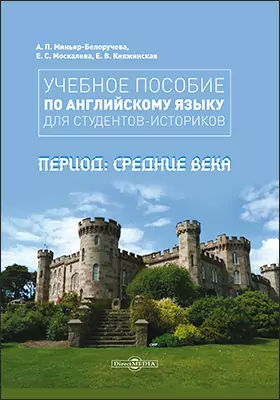Учебное пособие по английскому языку для студентов-историков. Период: Средние века
Автор: Алла Миньяр-Белоручева, Екатерина Москалева, Елена Княжинская
Форматы: PDF
Издательство: Директ-Медиа
Год: 2020
Место издания: Москва|Берлин
ISBN: 978-5-4475-9966-9
Страниц: 186
Артикул: 77158
Возрастная маркировка: 16+
Краткая аннотация книги "Учебное пособие по английскому языку для студентов-историков. Период: Средние века"
Данное учебное пособие по английскому языку включает фрагменты из книги Г. Уэллса «Краткий очерк всемирной истории» (H. G. Wells A Short History of the World) и направлено на овладение профессионально ориентированным языком историка. Читая оригинальные тексты на английском языке, студенты смогут усвоить лексико-грамматический материал и развить языковую, речевую, культурную и профессиональную компетенцию. Тематически разделы учебного пособия связаны с историей Средних веков. Предназначено для студентов-историков, а также для всех интересующихся данной тематикой и желающих совершенствовать английский язык.
Содержание книги "Учебное пособие по английскому языку для студентов-историков. Период: Средние века"
Предисловие
Unit 1. Justinian the Great
Unit 2. The Byzantine and Sassanid Empires
Unit 3. The Great Age of China
Unit 4. The Travels of Yuan Chwang
Unit 5. Muhammad and Islam
Unit 6. The Great Days of the Arabs
Unit 7. The Development of Latin Christendom
Unit 8. The Personality of Charlemagne
Unit 9. The Crusades
Unit 10. The Age of Papal Domination
Unit 11. The Emperor Frederick II
Unit 12. The Mongol Conquest
Unit 13. The Intellectual Revival of the Europeans
Unit 14. The Travels of Marko Polo
Unit 15. The Reformation of the Latin Church
Supplement
Список сокращений
Литература
Все отзывы о книге Учебное пособие по английскому языку для студентов-историков. Период: Средние века
Отрывок из книги Учебное пособие по английскому языку для студентов-историков. Период: Средние века
46 Unit 5 Muhammad and Islam A prophetic amateur of history surveying the world in the opening of the seventh century might have concluded very rea-sonably that it was only a question of a few centuries before the whole of Europe and Asia fell under Mongolian domination. There were no sings of order or union in western Europe, and the Byzantine and Persian empires were manifestly bent upon a mu-tual destruction. India was also divided and wasted. On the other hand China was a steadily expanding empire which probably at that time exceeded all Europe in population, and the Turkish people who were growing to power in central Asia were disposed to work in accord with China. And such a prophecy would not have been an altogether vain one. A time was to come in the thir-teenth century when a Mongolian overlord would rule from the Danube to the Pacific, and Turkish dynasties were destined to reign over the entire Byzantine and Persian empires, over Egypt and most of India. Where our prophet would have been most likely to have erred would have been in understanding the recuperative power of the Latin end of Europe and in ignoring the latent forces of the Arabian desert. Arabia would have seemed what it had been for time immemorial, the refuge of small and bickering nomadic tribes. No Semitic people had founded an empire now for more than a thousand years. Then suddenly the Bedouin flared out for a brief century of splendour. They spread their rule and language from Spain to the boundaries of China. They gave the world a new culture. They created a religion that is still to this day one of the most vital forc-es in the world. The man, Muhammad, who fired this Arab flame appears first in history as the young husband of the widow of a rich mer-chant of the town of Mecca. Until he was forty he did very little to distinguish himself in the world. He seems to have taken con-siderable interest in religi...
С книгой "Учебное пособие по английскому языку для студентов-историков. Период: Средние века" читают
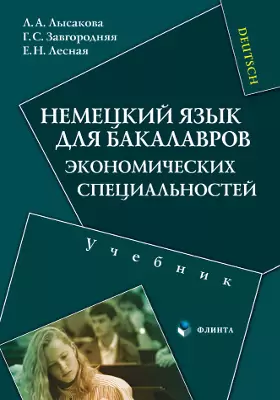
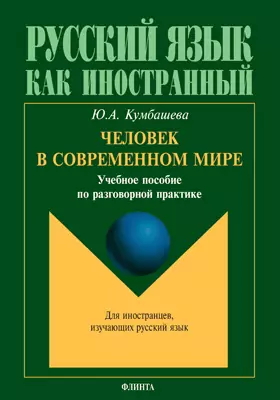


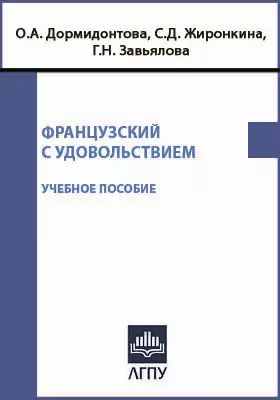
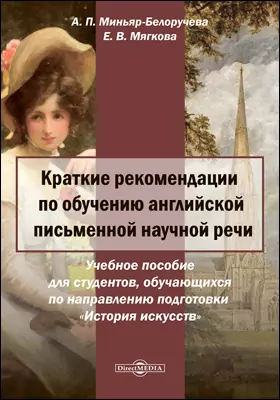
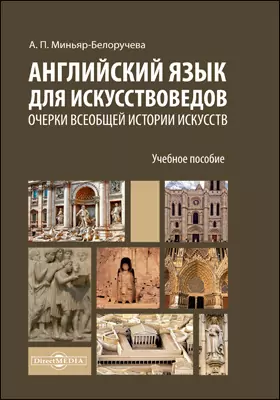
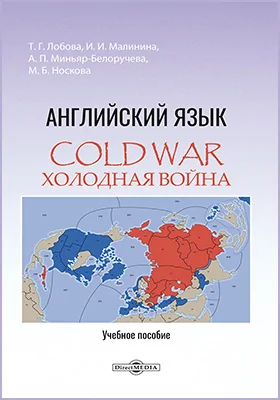

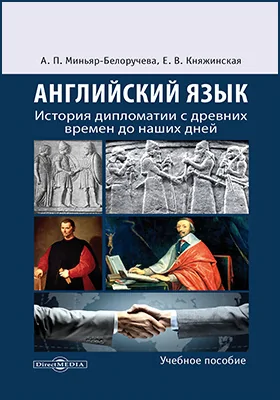
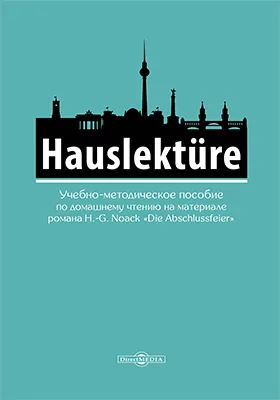

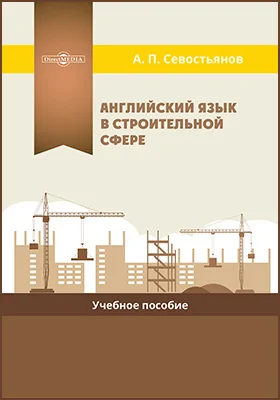
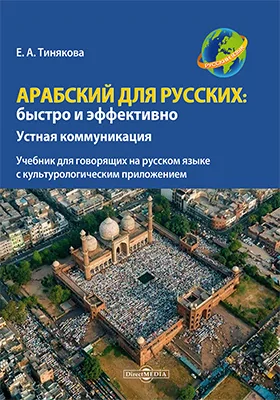
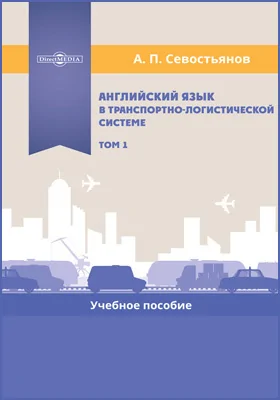
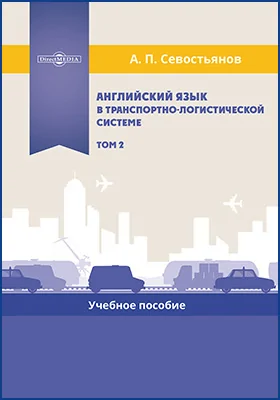
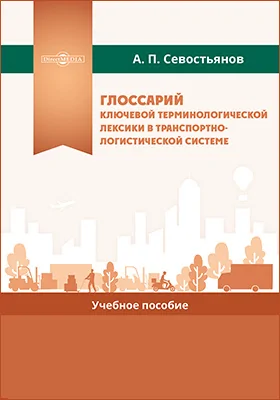
Бестселлеры нон-фикшн
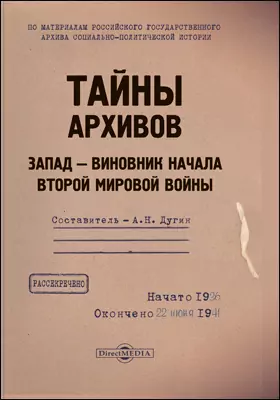

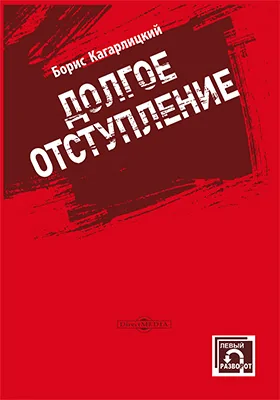
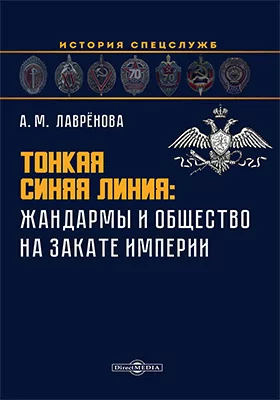
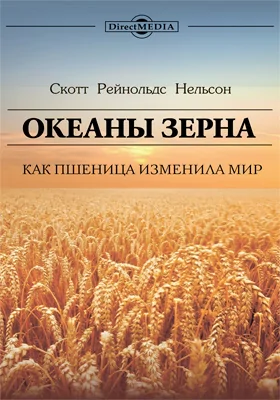
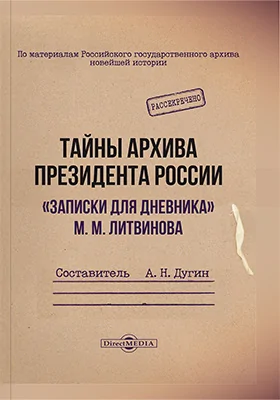
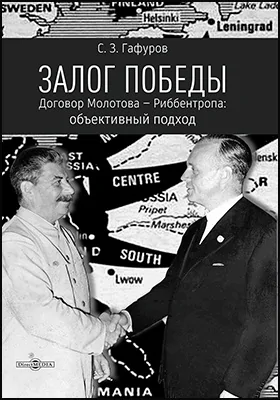
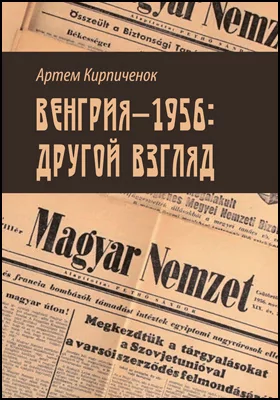
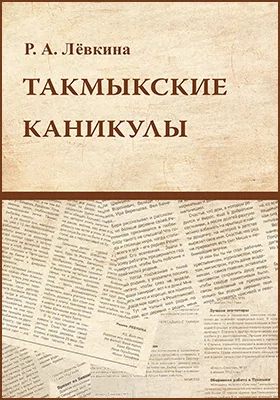
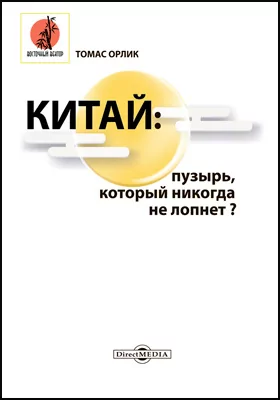
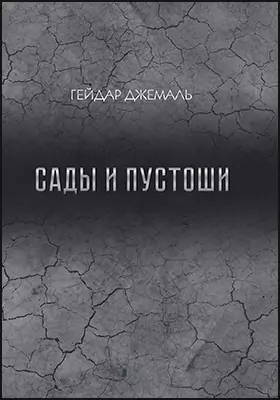
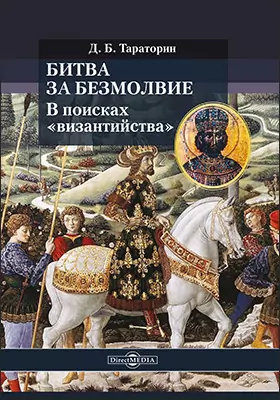
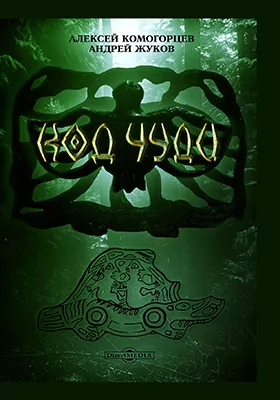
Новинки книги нон-фикшн

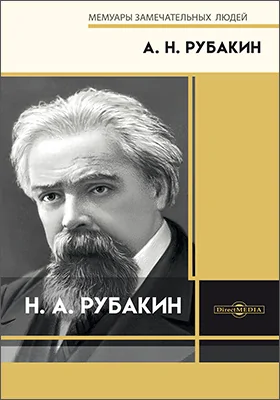
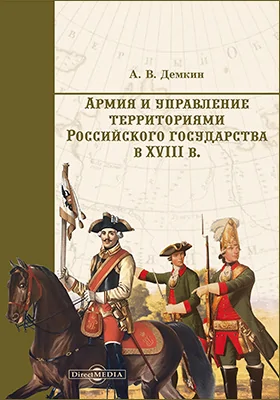


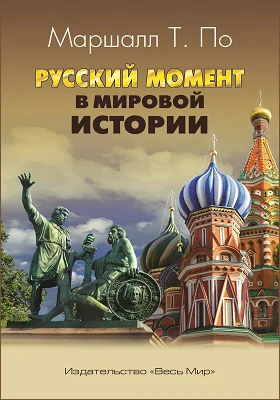
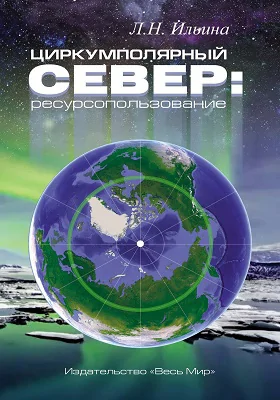
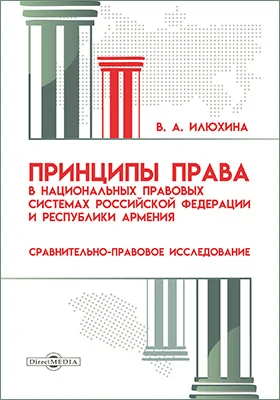
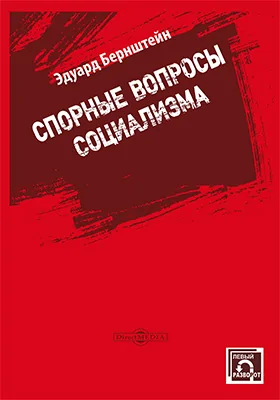
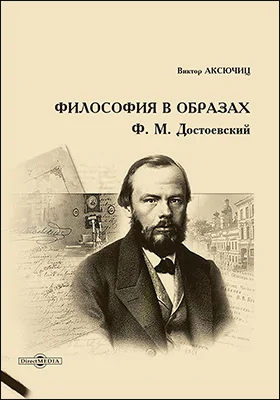
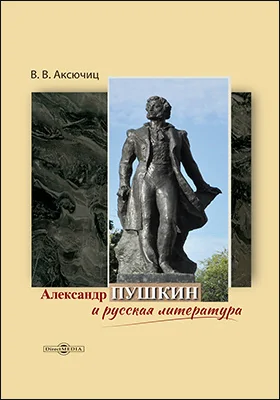
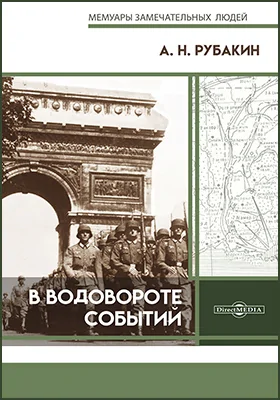

Миньяр-Белоручева А. П. другие книги автора
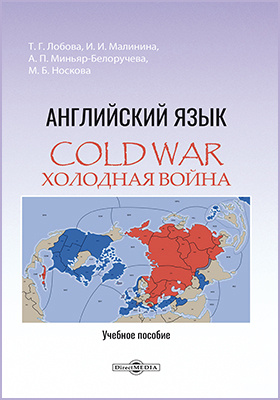
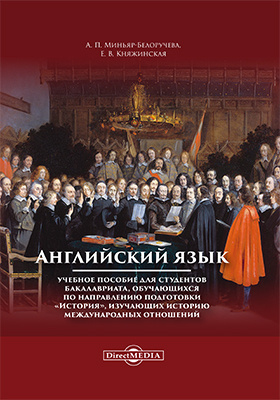
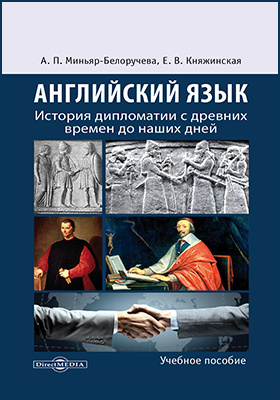
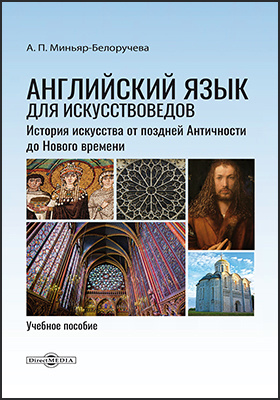
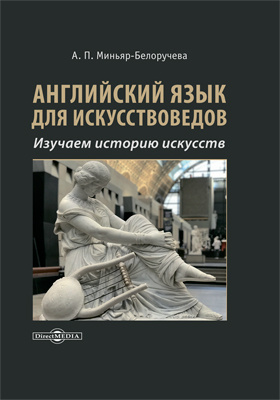
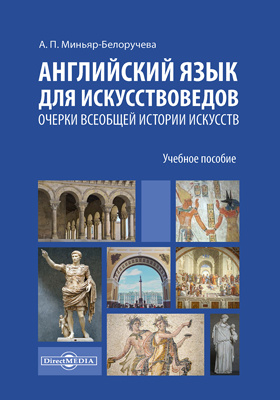
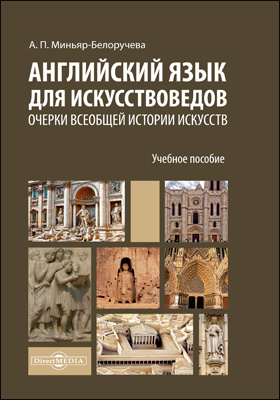
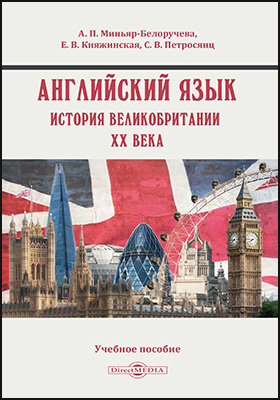
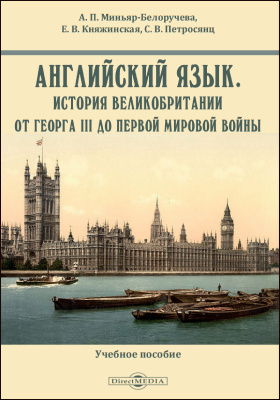
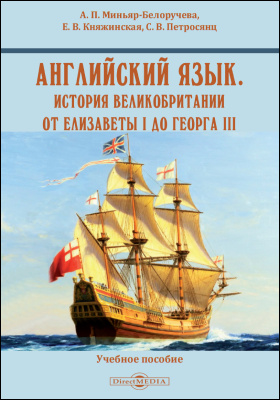
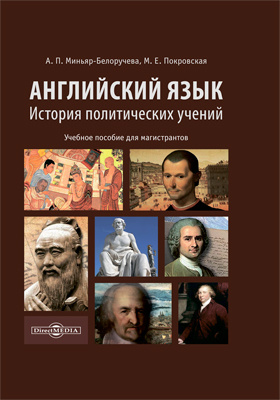
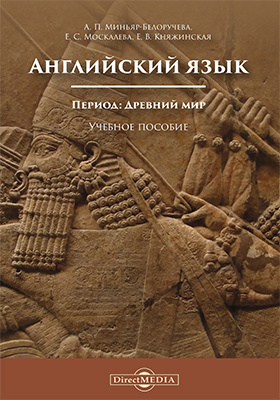
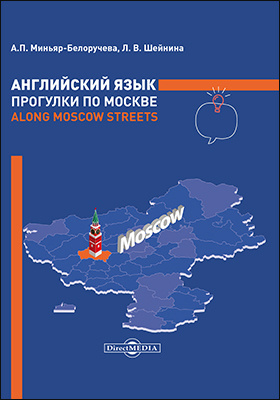
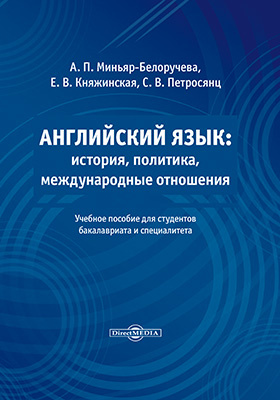
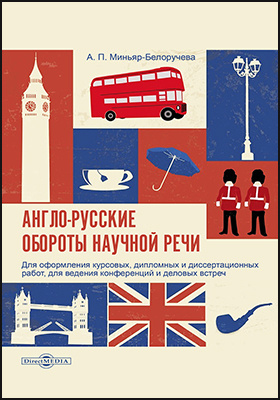
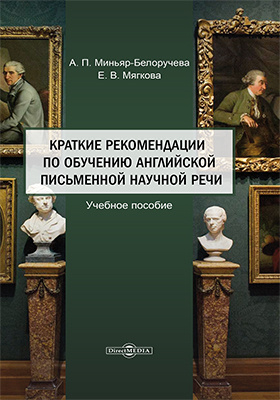

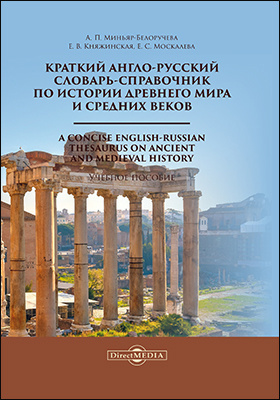
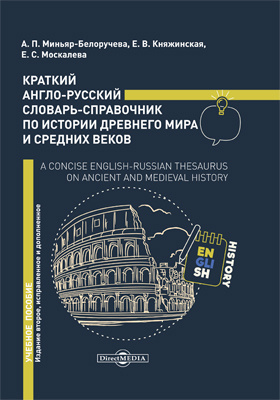
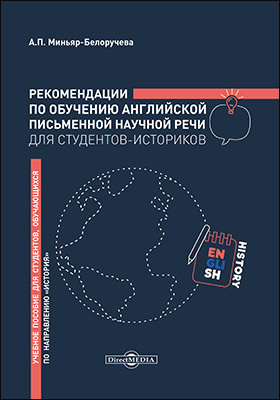
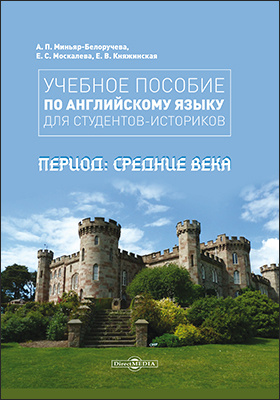
и мы свяжемся с вами в течение 15 минут
за оставленную заявку

